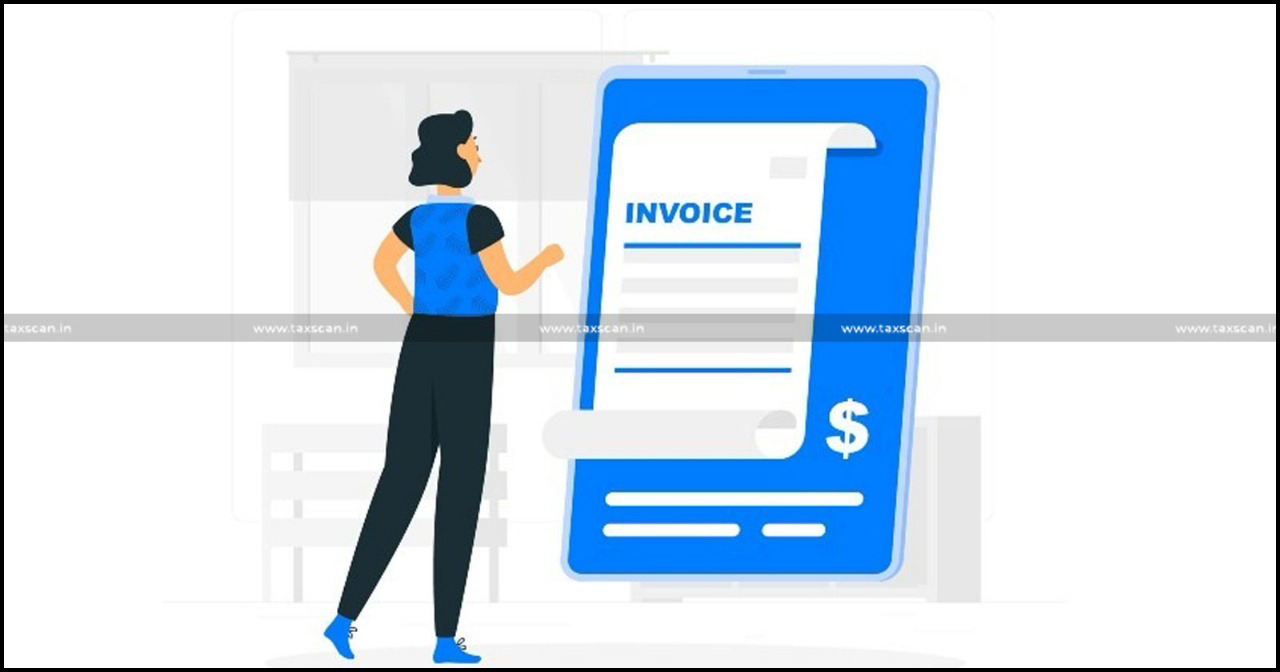License Fee Paid for Use of ‘Remfry & Sagar’ Goodwill Not Barred by Law, Allowable as Business Expenditure: Delhi HC [Read Order]
The Delhi High Court held that the license fee paid by Remfry & Sagar for the use of its goodwill and trade name is a legitimate business expenditure and not prohibited by law
![License Fee Paid for Use of ‘Remfry & Sagar’ Goodwill Not Barred by Law, Allowable as Business Expenditure: Delhi HC [Read Order] License Fee Paid for Use of ‘Remfry & Sagar’ Goodwill Not Barred by Law, Allowable as Business Expenditure: Delhi HC [Read Order]](https://images.taxscan.in/h-upload/2025/10/21/2098930-delhi-high-court-license-fee-paid-business-expenditure-taxscan.webp)
In a recent decision, the Delhi High Court ruled that the license fee paid by the law firm Remfry & Sagar for the use of its goodwill and trade name was a legitimate business expenditure and not prohibited by law.
The case arose from an appeal filed by the Principal Commissioner of Income Tax against the firm Remfry & Sagar, challenging an order of the Income Tax Appellate Tribunal (ITAT) that had allowed the deduction of license fees paid for the use of goodwill under Section 37(1) of the Income Tax Act, 1961.
The Revenue argued that the payment violated the Bar Council of India Rules, which prohibit sharing of professional income with non-lawyers, and should thus be disallowed under Explanation 1 to Section 37(1).
 Also Read:Commercial Invoices Without SAD Endorsement Still Eligible for Refund under Notification: CESTAT [Read Order]
Also Read:Commercial Invoices Without SAD Endorsement Still Eligible for Refund under Notification: CESTAT [Read Order]
The Revenue’s counsel argued that the payment of license fees to a company controlled by the heirs of Dr. V. Sagar amounted to sharing of professional income with non-lawyers. He submitted that such an arrangement was prohibited by law and that the expenditure could not be allowed as a deduction.
The respondent’s counsel argued that the license fee was not a form of revenue sharing but a payment for the commercial right to use the name and goodwill of Remfry & Sagar, which carried substantial value built over decades.
They submitted that Explanation 1 to Section 37(1) disallows only those expenditures incurred for committing an offence or for a purpose prohibited by law. The payment in this case did not fall within that scope and was made in the ordinary course of business.
 Also Read:Trade, Cash, Turnover, and Other Discounts Actually Passed on to Buyers are Permissible Deductions in Excise Valuation: CESTAT [Read Order]
Also Read:Trade, Cash, Turnover, and Other Discounts Actually Passed on to Buyers are Permissible Deductions in Excise Valuation: CESTAT [Read Order]
The Division Bench comprising Justice V. Kameswar Rao and Justice Vinod Kumar observed that the primary question under Explanation 1 to Section 37(1) was the purpose for which the expenditure was incurred.
The court explained that the Bar Council of India Rules only prohibit sharing of fees or revenue with non-lawyers but do not classify such conduct as an offence. It further observed that the payment made by the firm was a consideration for using goodwill, not a division of professional income.
The court pointed out that linking the amount of license fee to a percentage of the firm’s revenue merely provided a basis for calculation and did not amount to revenue sharing. It also explained that the use of goodwill and trade name was a legitimate commercial arrangement, not one prohibited by law.
The court upheld the ITAT’s finding that the payment for the use of goodwill was a lawful business expense incurred to derive benefit from the firm’s reputation. The court ruled that no substantial question of law arose from the Revenue’s appeal and dismissed it.
The appeals filed by the Revenue were dismissed, and the High Court affirmed that the license fee paid for the use of Remfry & Sagar’s goodwill was a valid business expenditure under Section 37(1) of the Income Tax Act.
Support our journalism by subscribing to Taxscan premium. Follow us on Telegram for quick updates


